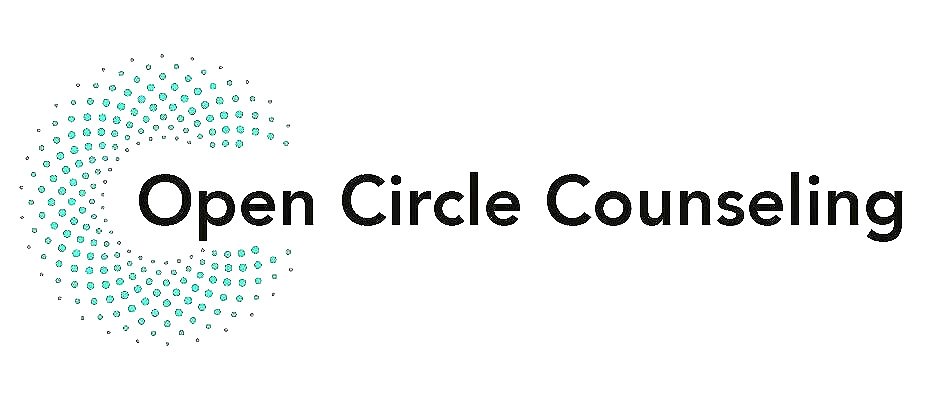Depression can be an all-consuming mental health condition. You might be more familiar with its traditional treatment methods. Most people respond well to prescription antidepressants, therapy, and lifestyle changes. However, some struggle with treatment-resistant depression, meaning the go-to options for healing depression don’t work for them. In recent years, ketamine-assisted psychotherapy (KAP) has become a viable option for those who need less conventional treatments for their depression. Here’s how it works and how you can benefit.
How Ketamine Changes the Brain
Ketamine, originally developed as an anesthetic in the 1960s, has gained attention in the psychiatric field for its antidepressant effects. Ketamine works by modulating the brain’s glutamate system, a neurotransmitter involved in mood regulation, cognition, and neural plasticity. By blocking NMDA (N-methyl-D-aspartate) receptors, ketamine helps release more glutamate, which in turn stimulates the growth of new neural connections. This neuroplasticity is thought to be behind ketamine’s rapid antidepressant effects. It helps “reset” the brain and form new neural pathways that may have been lost during long-term depression.
What Happens in a KAP Session?
During a KAP session, patients are typically given a low dose of ketamine under the careful supervision of healthcare providers. It can be ingested through a nasal spray, oral tablet, or IV infusion. Since the dissociative effects of ketamine can lead to altered states of consciousness, the patient should feel more open to introspection and processing their feelings. After the infusion, a trained therapist guides the patient through their ketamine experience by helping them navigate their thoughts and emotions. This is called integration—the therapist opens a dialogue to make sense of the patient’s insights that arose during their ketamine infusion session. They can then go on to integrate these discoveries into their daily life through better communication, healthier coping skills, and a stronger sense of self.
Benefits of KAP
It strengthens neural pathways
The neuroplastic effects of ketamine help the brain form new connections. This builds resilience against future depressive episodes (and may stop their recurrence altogether). The therapy part of KAP also helps a person understand their emotions, develop healthy coping skills, and process negative experiences. These all give the brain a greater ability to deal with life’s stressors and stay mentally healthy.
It works quickly
Compared to other medications and therapies, KAP can alleviate symptoms of depression quite fast. Many patients report feeling relief within a few hours rather than a few weeks or months. For those who have felt trapped by their depression, this fast-acting treatment can be life-changing.
It reduces suicidal ideation
For those at a high risk of suicide, ketamine can be a great treatment option. Some antidepressants have suicidal ideation as a potential side effect (and can take weeks to begin working). Since ketamine works quickly and doesn’t have the potential for suicidal side effects, ketamine therapy can be lifesaving.
It encourages big breakthroughs
Some people may take months or years to work up to certain topics during traditional therapy. However, the ketamine-induced altered state of consciousness can help a person access and process feelings and memories that may be difficult to deal with in a typical therapeutic setting.
Potential Drawbacks
While KAP has many benefits, it’s important to recognize that it’s not a one-size-fits-all solution. Ketamine does have side effects and potential drug interactions, so it may not work for people on certain medications. Also, it should only be administered by qualified professionals in a controlled setting, since ketamine has the potential for misuse and addiction.
Are you living with treatment-resistant depression?
If you’re one of the many people who haven’t found the right treatment for your depression, you still have options. To try KAP, talk to a licensed therapist trained in ketamine therapy. Together, you can discuss a treatment plan and determine whether KAP is right for you.
To find out more about the benefits of ketamine-assisted psychotherapy for those with depression, please reach out to me.
